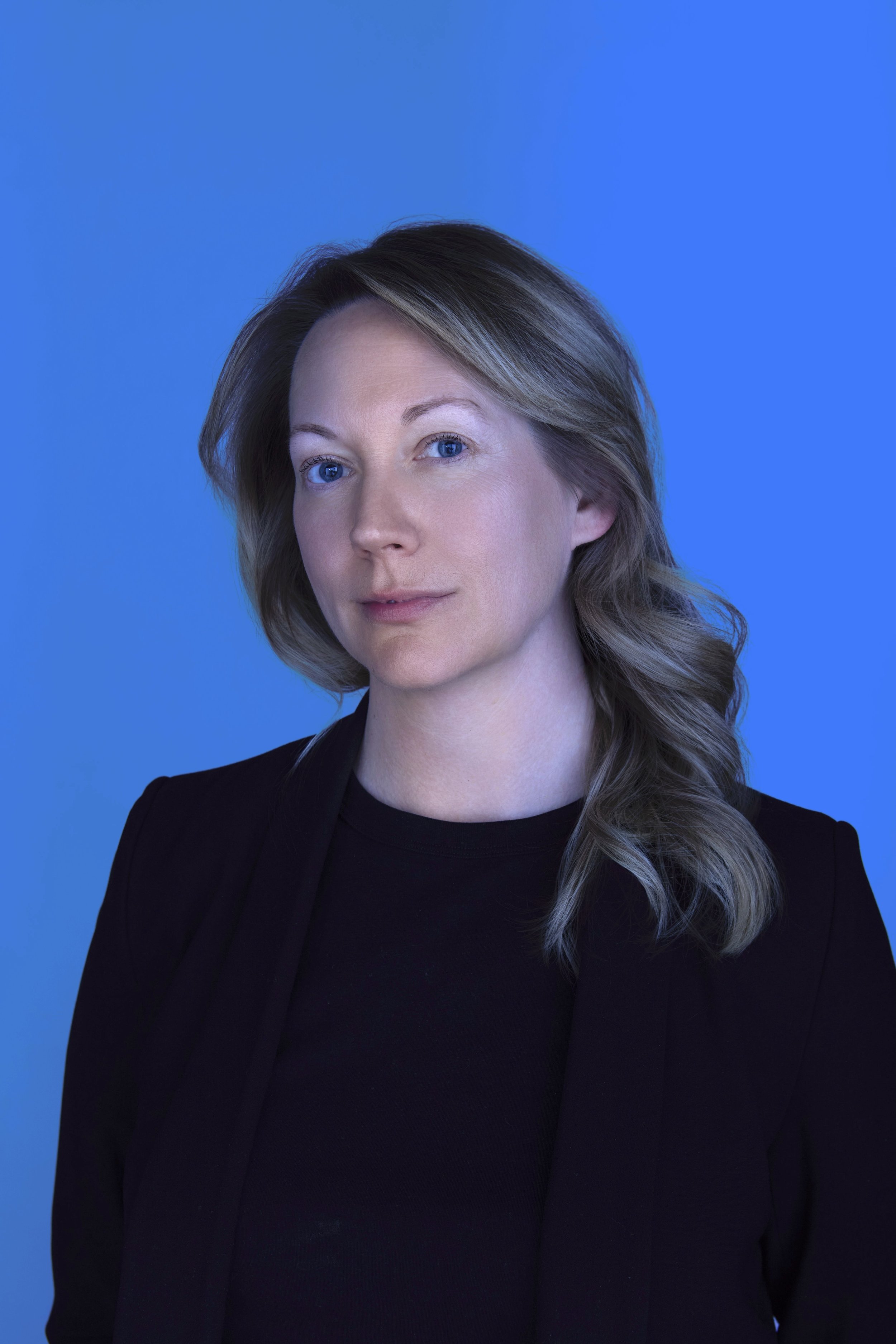Jasmine Palardy
Founder, The Good Future Collective & Director, WRLDCTY
Community builder specializing in innovative engagement methods, bringing diverse groups together to reimagine and create better places.
Jasmine is a community builder who specializes in innovative engagement methods that encourage imagination and collaboration. Her career has been spent balancing the worlds of innovation, tech and design to bring diverse groups together to envision and build better places - from innovation districts to main streets, parks, alleys, higher education labs, cultural institutions and more. She is the founder of The Good Future Collective and is the Director of WRLDCTY.
Nicole Newton, M.Sc, MBA
Manager, Natural Environment & Adaptation, The City of Calgary
Leader in climate resilience, water management, and environmental policy with 15+ years of interdisciplinary sustainability work.
Nicole Newton is the Manager of Natural Environment and Adaptation in Climate & Environment at The City of Calgary. With over 15 years of progressive leadership experience, she brings a strong interdisciplinary background that includes a Master of Science in Water Science, Policy and Management from the University of Oxford and an Executive Master’s degree in Business Administration and Innovation Leadership. Nicole leads strategic initiatives that advance the sustainability of Calgary’s natural environment, enhance ecosystem services, and strengthen climate resilience. Her work spans climate adaptation, food security, environmental protection, and community-based education. She also directs efforts in water management, developing and implementing policies and programs for source water protection, drought management, and water security to ensure a sustainable and resilient future for Calgary.
Tony Andenoro, Ph.D.
Director of Community Engagement & Programming
Leadership scholar and strategist advancing moral decision-making, community resilience, and sustainable solutions through research and practice.
Tony Andenoro, Ph.D., serves as the Director of Community Engagement and Programming for the College of Social Work and Criminal Justice at Florida Atlantic University. He is charged with creating a strategic vision and initiatives aligning with the college’s mission of building relationships and creating impact for our learners, stakeholders, and communities. His research includes the development of moral decision-making in leadership learners, the role of cognitive diversity and active learning strategies in the development of engagement, positive sentiment, and neuroplasticity within leadership learning environments, and the use of behavioral economics principles to shift attitudes and behaviors in under-resourced communities to address complex problems and create sustainability. He has published and presented more than 200 refereed and invited scholarly works and secured more than $15 million in gift, contract, and grant funding to advance programmatic, teaching, and research initiatives.
Teri Balser, Ph.D.
Professor and Former Provost, University of Calgary
Internationally recognized educator and academic leader with expertise in soil and environmental science, higher education innovation, and sustainability.
Professor Teri Balser is a passionate scholar and experienced university leader. Formerly Provost and Vice-president (Academic) at the University of Calgary, she has also been interim President and Provost at Dalhousie University in Halifax, Dean of Teaching and Learning for Science and Engineering in Australia, and Dean of Agriculture and Life Sciences at the University of Florida. Internationally known as an educator, she has received numerous awards and recognition for her work in soil and environmental science – including recognition as a Fulbright Distinguished Chair to India in 2015, and US Professor of the Year in 2010. Throughout her career she has sought to connect and empower people across public, academic, and private sectors in working together toward a sustainable future. She brings that lens to bear on how higher education can contribute to regenerative and interdisciplinary responses to environmental change and planetary health.



